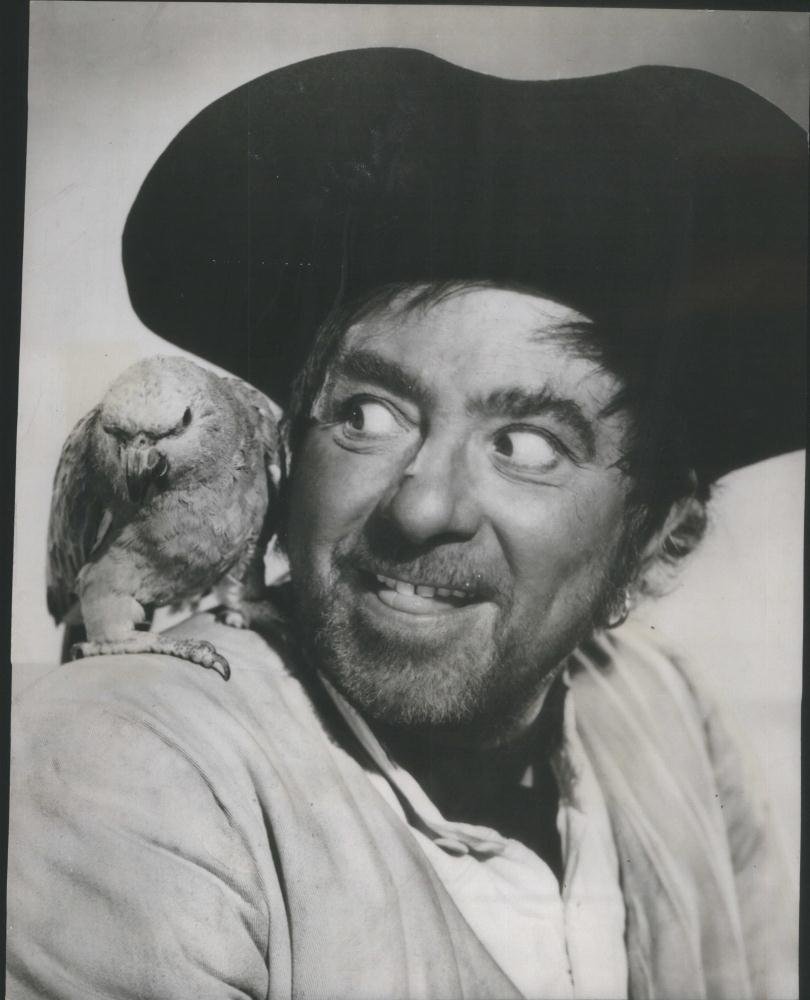‘All human creatures are divided into two groups. There are pirates, and there are farmers. Farmers build fences and control territory. Pirates tear down fences and cross borders.’ (Hickey, 2013)
Since the Thatcher-Reagan economic era of the late 1970s, continuing with the fall of the Berlin Wall and the 2000s Internet Revolution, major societal shifts encouraged the processes of human individualisation, community dissolving and exclusion of vulnerable individuals.
Contemporary socio-economical factors affect people’s state of wellbeing, sensibility and empathy. According to Berardi (2009) economic competition and technical systems of digital networks are the most burdensome brain stimuli. He argues that the global consciousness witnesses a collapse, with people becoming unable to elaborate in a conscious way, due to the acceleration of information. Human beings become less curious, more stressed, more aggressive; anxiety, fear, autistic behaviour, emotional atrophy become their daily routine.
Social innovations are my objectives. As Anti-Solutioner, I stand up against the ingrained established order. I question the entire logic of a system and develop disruptive frameworks through creative blending and recombination of disparate elements and ideas.
My research bridges two concepts: (1) Catherine Malabou’s Brain Plasticity (2012) and the idea that the human brain possesses a continuous transformative potential, and (2) Alexander Galloway’s Protocol (2004), a management platform responsible for openness, multiplicity of connections, and contingency in Internet’s architecture.
The goal of my research is to explore to what extent these two concepts might help shape an alternative modus operandi in the process of community and collective consciousness forming as a resistive response to the increasing tendency of social fragmentation, isolation and exclusion.
*Bauman, Z. (2014) Giving and Taking Online: Serpentine Gallery. < http://www.serpentinegalleries.org/exhibitions-events/park-nights-2014-zygmunt-bauman > [Accessed March 2015].
*Berardi, F. B. (2009) Precarious Rhapsody: Semiocapitalism and the pathologies of the post-alpha generation *Wivenhoe / New York / Port Watson: Autonomedia.
*Galloway, A. R. (2004) Protocol: How Control Existes after Decentralization. Cambridge, Masachusetts: MIT Press.
*Hickey, D. (2013) Pirates and Farmers London: Ridinghouse.
*James, I. (2012) The New French Philosophy In: Cambridge, UK: Polity Press.



